Workshop & Training
The 8th ASEAN+3 Village Leaders Exchange Programme
5 May 2019 - 11 May 2019 Xishuangbanna, Yunnan Province, The People's Republic of China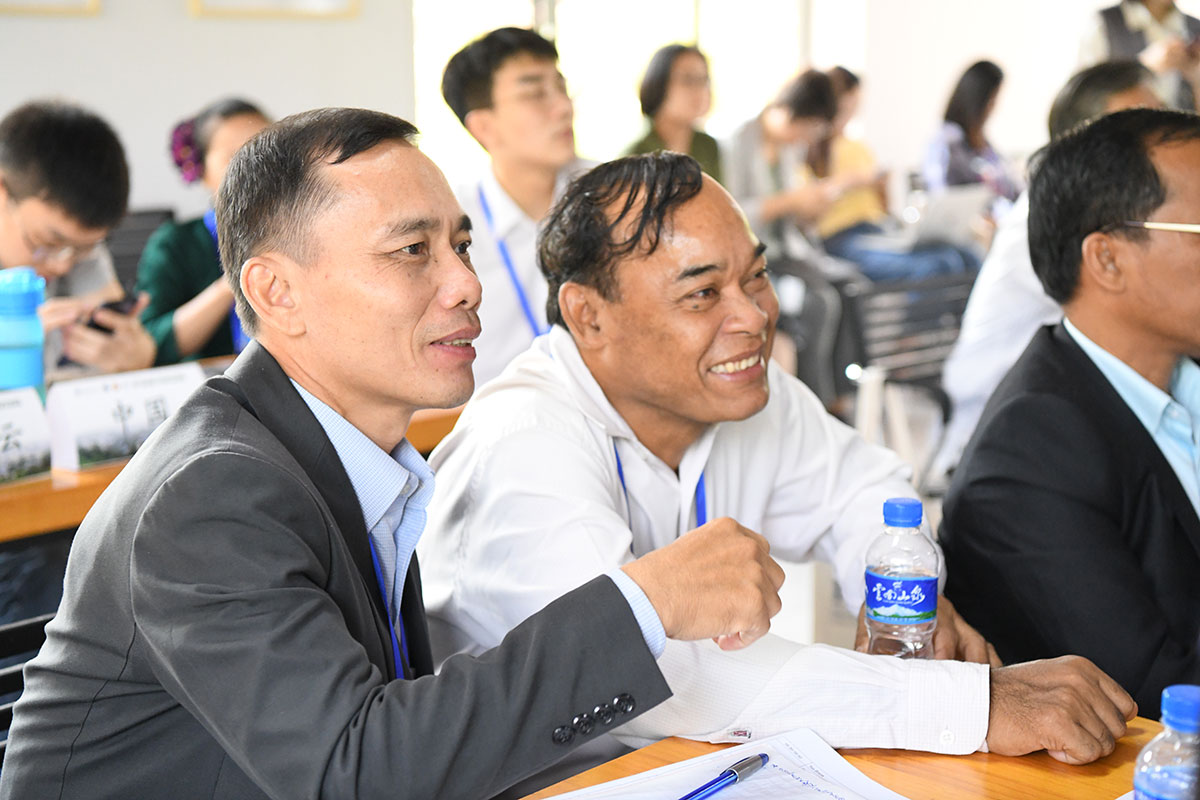
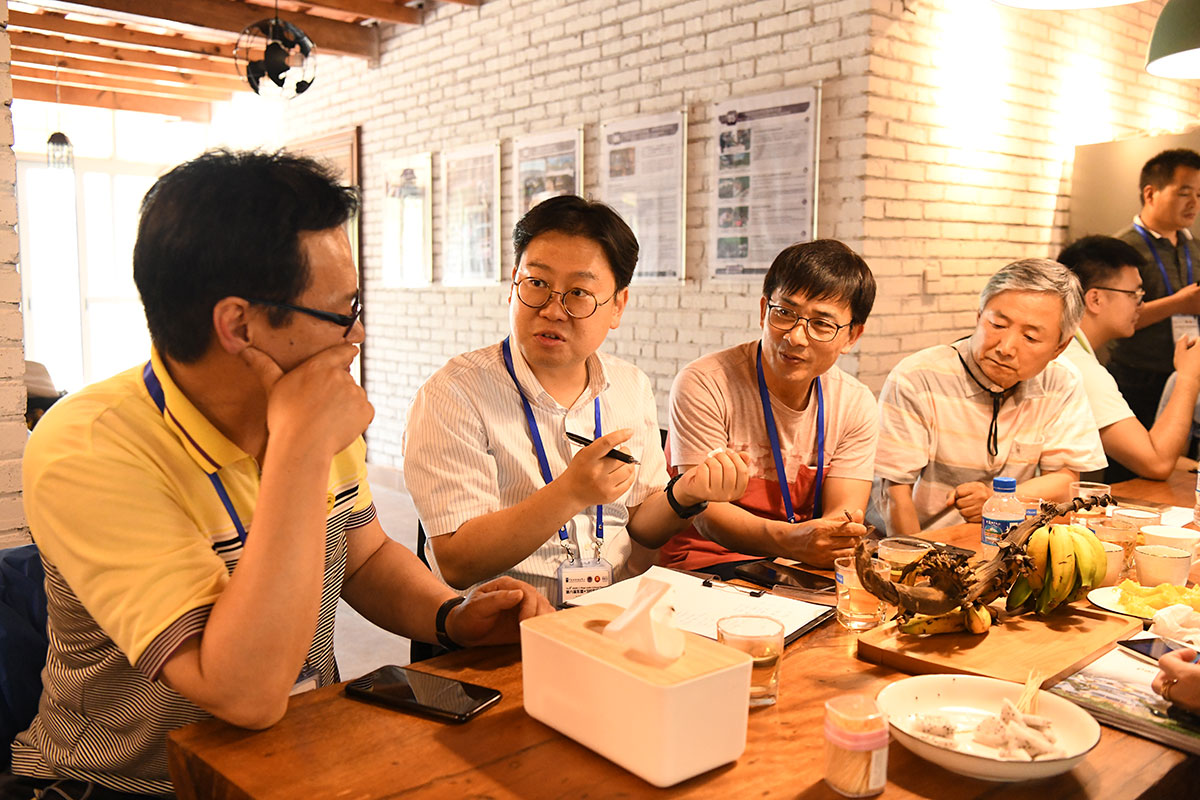
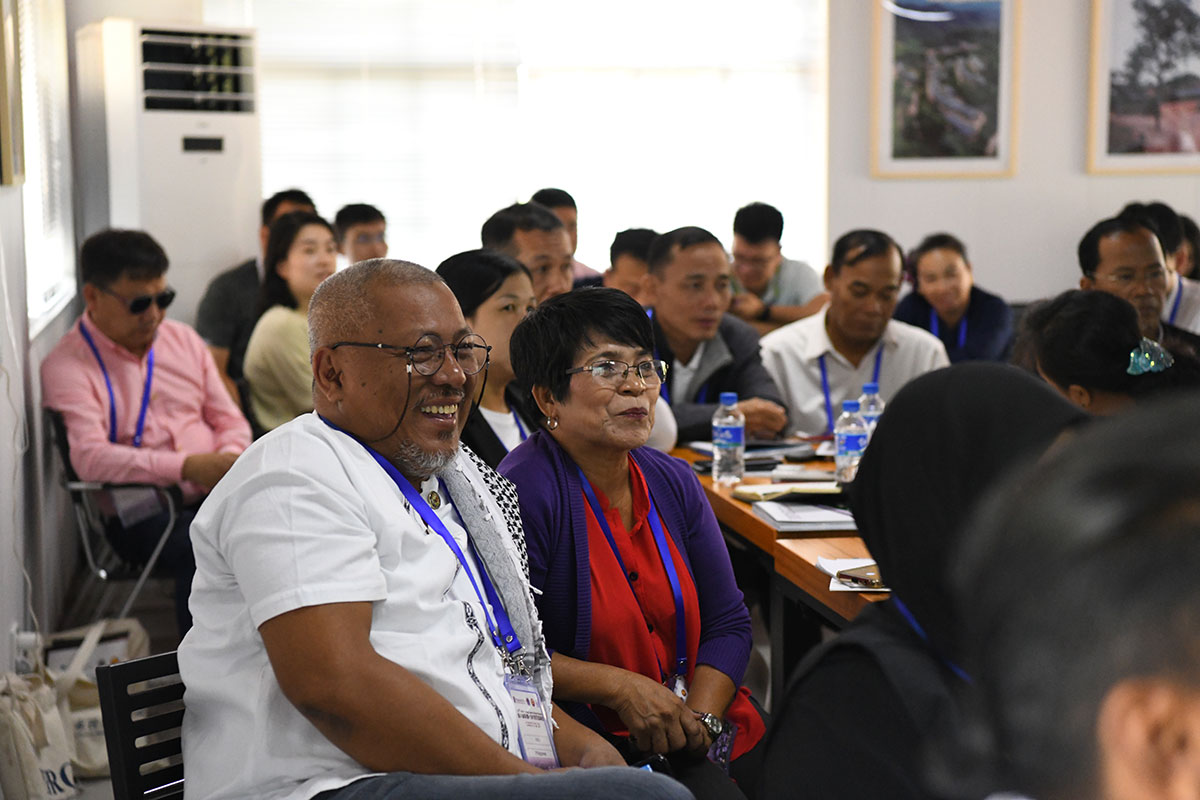
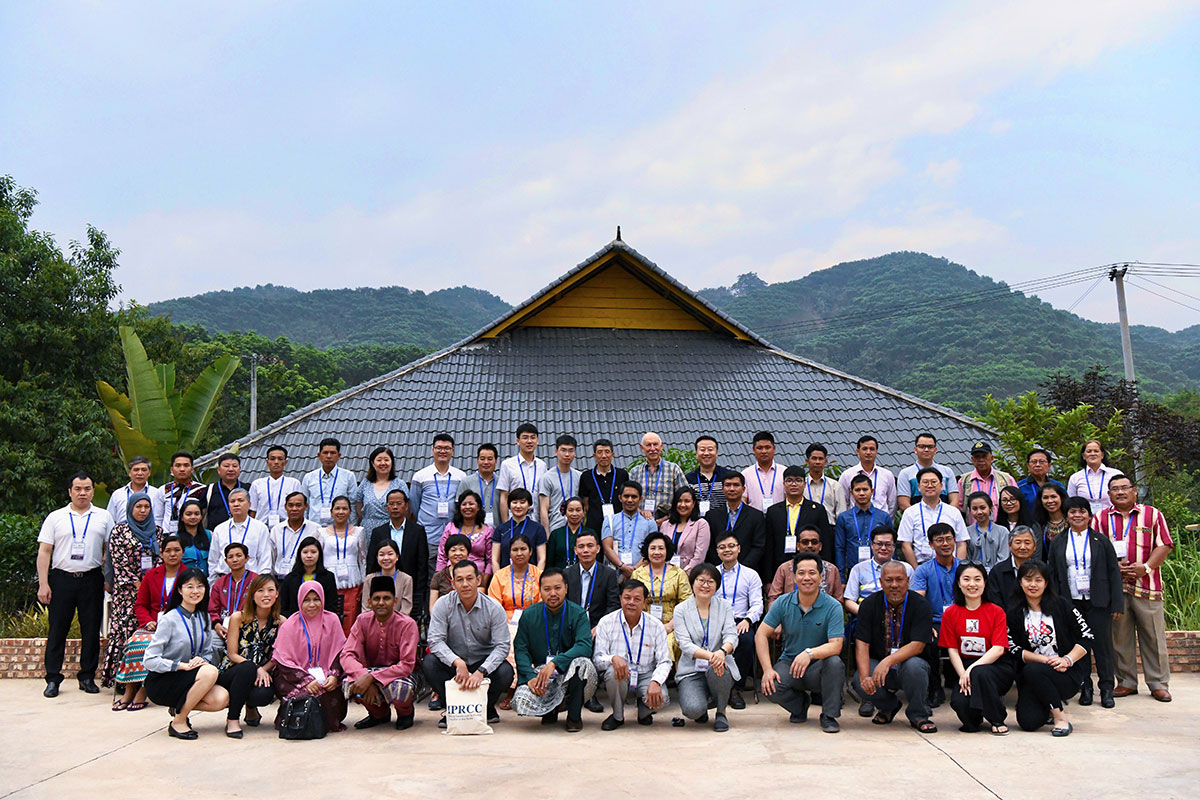
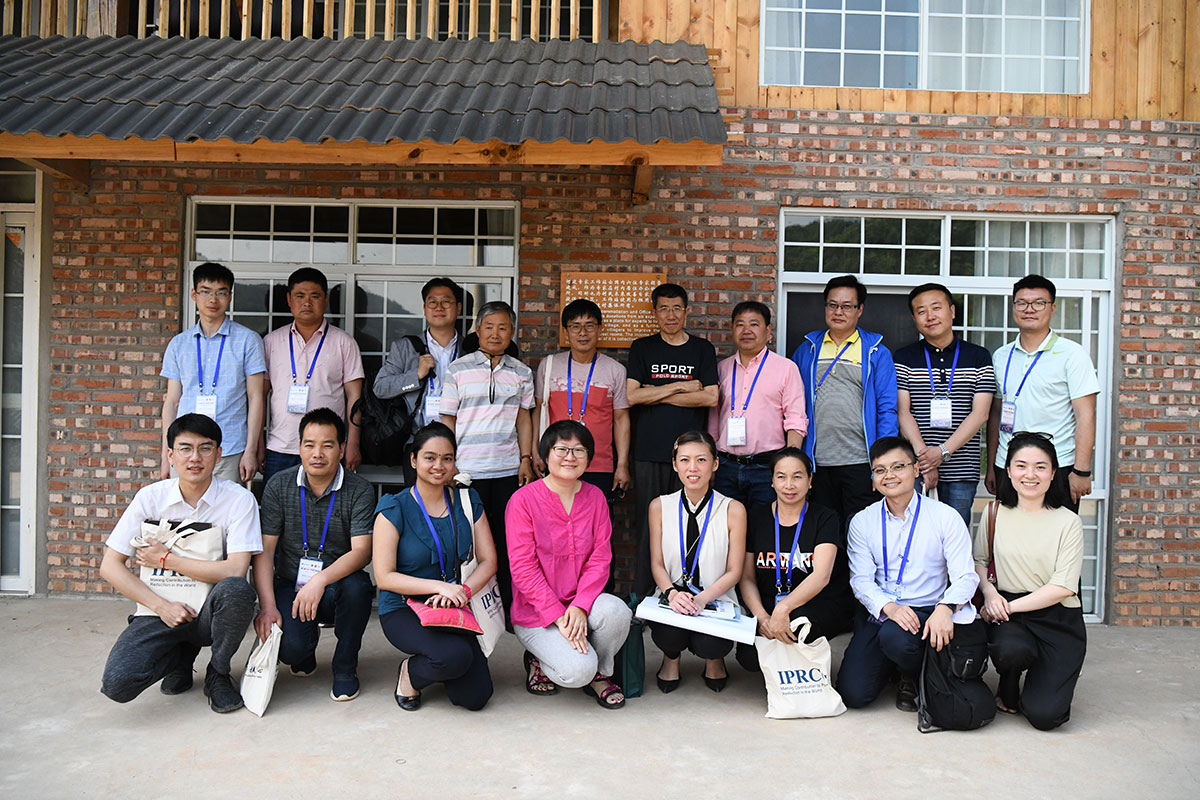
Village leaders play an important role in rural development. This exchange program aims to strengthen capacity building of village leaders from ASEAN member countries, the People’s Republic of China (PRC), the Republic of Korea (ROK) and Japan. The 5-day event will share good experiences on rural industrial development, poverty reduction, agricultural value chain, rural tourism, and others. Moreover, the program will provide a platform to discuss potential economic development and industrial cooperation, which may further bring substantial cooperation among the countries. A main feature of the program is village homestay, which enables ASEAN representatives to stay together with local villagers and experience their daily lives and culture.
Advocated by the PRC Premier Li Keqiang at the ASEAN+3 Summit 2013, the “ASEAN+3 Village Leader Exchange Programme” was launched the same year. From 2013 to 2018, seven training workshops and village stays in the PRC were conducted in Sichuan, Guangxi, Shanghai, Yunnan, and Beijing. The Association of Southeast Asian Nations( ASEAN) was established on 8 August 1967 in Bangkok, Thailand, with the signing of the ASEAN Declaration (Bangkok Declaration). The ten member countries are Brunei Darussalam, Cambodia, Indonesia, Lao PDR, Malaysia, Myanmar, the Philippines, Singapore, Thailand and Viet Nam. ASEAN+3 includes the PRC, Japan, and ROK.
Agenda:
Arrival of representatives from ASEAN member countries, Japan, ROK and the PRC at Jinghong City, Xishuangbanna Prefecture of Yunnan Province.
| Time | Program |
|---|---|
| 08:00 – 09:00 | Breakfast |
| 09:00 – 10:10 | Theme III: Development Planning of Rural Community, taking Hebian integrated poverty governance as an example Moderator: Ms. Lu Jixia, Professor of College of Humanities and Development Studies, China Agricultural University Speaker: Mr. Li Xiaoyun, Dean of China Institute for South-South Cooperation in Agriculture (CISSCA), Professor of China Agricultural University |
| 10:10 – 10:30 | Tea break |
| 10:30 – 12:30 | Country Presentation III Moderator: Ms. Lu Jixia, Professor of College of Humanities and Development Studies, China Agricultural University Singapore Thailand Viet Nam |
| 12:30 – 13:30 | Lunch |
| 13:30 – 14:30 | Noon Break |
| 14:00 – 15:30 | Country Presentation IV Moderator: Ms. Wu Jin, Professor of College of Humanities and Development Studies, China Agricultural University PRC Japan ROK |
| 15:30 – 15:50 | Tea Break |
| 16:00 – 17:30 | Group Discussions and Presentation Elements, challenges and coping strategy of rural vitalization Facilitators: Prof. Li Xiaoyun, Prof. Wu Jin and Prof. Lu Jixia |
| 18:30 – 19:30 | Dinner |
| 20:00 – 21:00 | Campfire Party |
| 08:00 – 09:00 | Breakfast |
|---|---|
| 09:00 – 09:30 | Leave Hebian Village for Naka Village |
| 09:30 – 12:00 | Visit Naka Village and Interaction with Villagers |
| 12:30 – 13:30 | Lunch |
| 13:30 – 15:00 | Return to Hebian Village and Noon Break |
| 15:00 – 16:00 | Roundtable: Problems and Solutions for Rural Development Moderator: Ms. Lu Jixia, Professor of College of Humanities and Development Studies, China Agricultural University Lead Discussion, Q&A: Prof. Li Xiaoyun and Ing. Dr. Dieter Albrecht ADB-PRC expert (TBC) |
| 16:00 – 16:30 | Tea Break |
| 16:30 – 17:00 | Wrap-up and Evaluation
Facilitators: IPRCC, Prof. Lu Jixia |
| 18:30 – 19:30 | Dinner |
| Time | Program |
|---|---|
| 07:30 – 08:30 | Breakfast and Check-out |
| 08:30 – 10:30 | Travel to Menglun Township of Mengla County |
| 10:30 – 12:30 | Visit the Xishuangbanna Tropical Botanical Garden, Chinese Academy of Sciences |
| 12:30 – 13:30 | Lunch Break |
| 13:30 – 14:30 | Return to Jinghong City and Hotel Check-in |
| Afternoon | Free Time |
| 18:30 – 19:30 | Farewell Dinner |
Departure of all representatives


